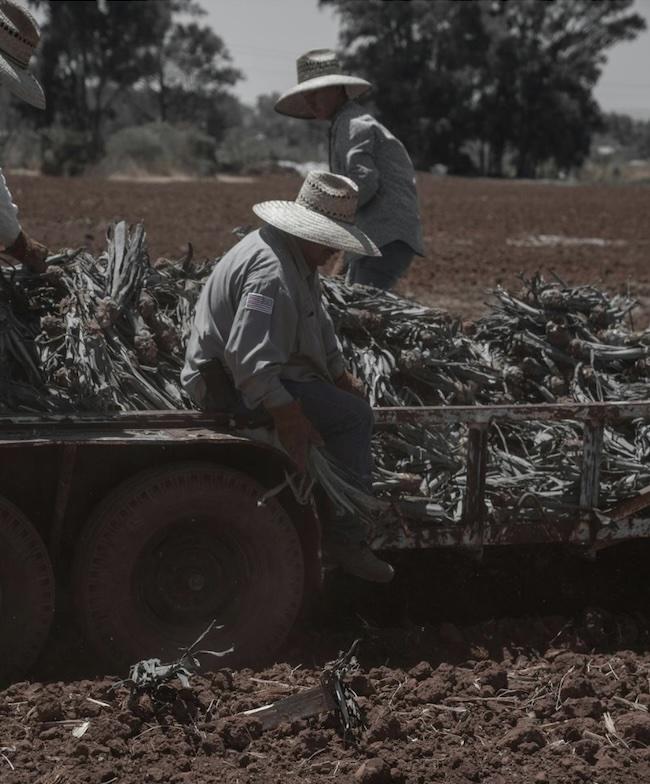THE Metropolitan Water District is considering the limitation of deliveries and implementation of water rationing starting July 1, depending on statewide drought conditions.
“Southland consumers have responded to the water conservation challenge this past year. We all, however, need to be prepared to take water saving to another level this summer if water-supply conditions don’t improve,” said Metropolitan Water District General Manager Jeffrey Kightlinger in a statement.
The district has called this year’s rainfall so far disappointing. Although February was off to a wet start, January was historically dry.
“We started off with a wet December and then immediately we go into January, which is a record dry. It’s just the driest on record up in the Sierras,” said Debra Man, assistant general manager and chief operating officer of the district, according to ABC.
Cutbacks could range from 5 to 10 percent or more and are largely based on State Water Project delivery scenarios from Northern California this year, although water from the Colorado River and local supplies factor into the projections.
“We’re certainly hopeful the storms that swept through Northern California this weekend will help make a dent in the drought. But should state project supplies not improve substantially, it won’t be a matter of if, but how much mandatory water cutbacks will be necessary to meet demands and maintain reasonable reserves,” Kightlinger said in a Feb. 9 news release.
In San Diego County, where investments have been made to expand water storage and diversify water supplies, the region will manage to reduce cutbacks from the water district by half, said Dana Friehauf, water resource manager for the San Diego County Water Authority, according to U-T San Diego.
“We as a region are prepared for potential cutbacks from Metropolitan,” Friehauf told the newspaper. “This was not [a] surprise to us. We will be ready when the time comes.”
In addition to possible cutbacks, the Los Angeles County Board of Supervisors voted Tuesday, Feb. 10, to raise fines on water wasters. Fines range between $100 to $500 per day.
“The idea is not to have a water force, police force out there. The thing is if we see the excess watering, the runoff, which is the big problem, runoff on driveways and sidewalks and those kinds of things, you tell the folks and they’ve responded accordingly,” Supervisor Don Knabe said, according to ABC.
With a forecast of 930,000 acre-feet in 2015 Colorado River deliveries, the water district could have to make significant withdrawals from the Southland’s remaining reserves to help meet water demands, Kightlinger said.
The region currently has 1.2 million acre-feet in reserves, which is down 50 percent of what the water district had in storage at the close of 2012.
“This is a serious situation,” Kightlinger said. “The challenge is how we balance the region’s demands with the available imported supplies, while maintaining sufficient reserves in case the drought continues beyond this year.”
The Metropolitan Water District of Southern California supplies water to nearly 19 million people in six counties. It imports water from the Colorado River and Northern California to supplement local supplies.
(With reports from ABC, San Gabriel Valley Tribune)
(www.asianjournal.com)
(LA Weekend February 14-17, 2015 Sec. A pg.1)






